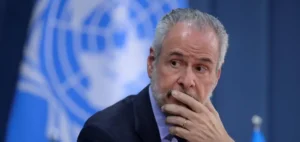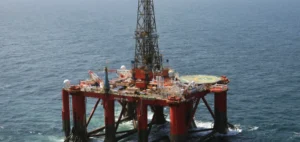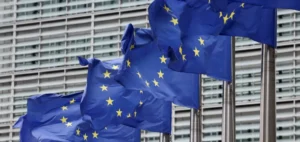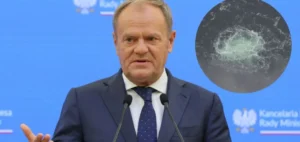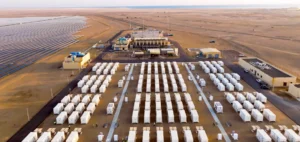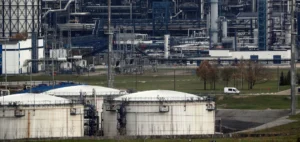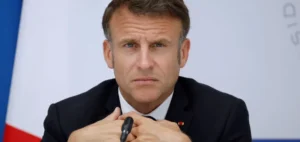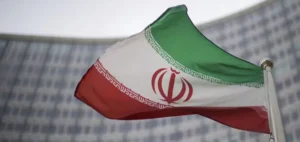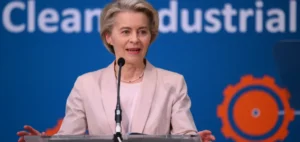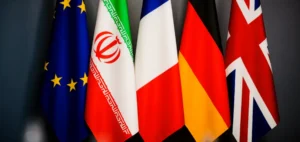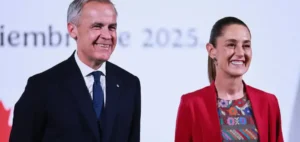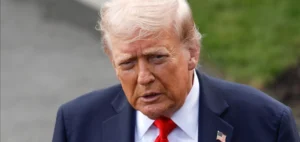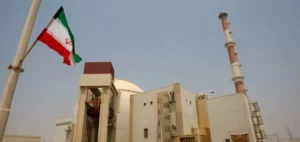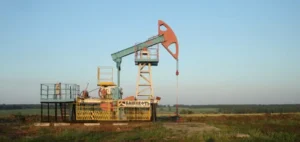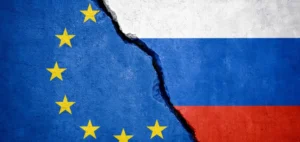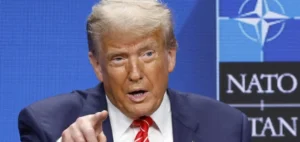European Commission for Energy Kadri Simson says in an interview with S&P Global Commodity Insights on April 15 that the European Union considered it “possible” that Russia would cut off its natural gas supplies in 2023. But that the bloc is ready with contingency plans, adding that the EU did not see the need to import Russian liquefied natural gas(LNG).
Serious risk of gas shortage next winter
Simson points out that the EU has solidarity agreements, which means that member states can support their neighbors in the event of a natural gas shortage. However, it also points out that Russia has no alternative supply routes for its gas sales. The EU Council formally adopts a regulation on March 30 that extends member states’ voluntary 15% gas demand reduction target for one year until the end of March 2024, warning of a “serious risk” of gas shortages next winter due to tight market balance and concerns about a complete shutdown of Russian gas supplies.
Simson states that Russian LNG imports are “not necessary”. Last year, companies that purchased Russian LNG did so primarily from countries that never received a Russian pipeline, so they were not directly affected by the pipeline shortage. Simson added that if Russian LNG is not needed for security of supply, governments can restrict access to LNG terminals.
A need for critical raw materials and clean technologies
There are currently no sanctions at the EU level targeting the import of Russian gas and LNG, although some countries, particularly in the Baltic region, have already introduced bans. EU energy ministers agreed on 28 March to add a new clause to the EU’s planned gas decarbonisation package. It would give member states the option of restricting gas and LNG imports from Russia. Following a meeting in Brussels, the EU Council said it had added a “safety clause” allowing member states to take “proportionate measures” to temporarily limit imports from Russia and Belarus.
Simson noted that accelerating the clean energy transition will create a need for critical raw materials and access to clean technologies. The EU must not end up being too dependent on a single supplier and needs a network of trusted partners. She added that the Critical Raw Materials Act and other EU initiatives to build alliances on critical mineral supply chains will have to be fast enough to meet the demands of the energy transition because they have no time to waste.




